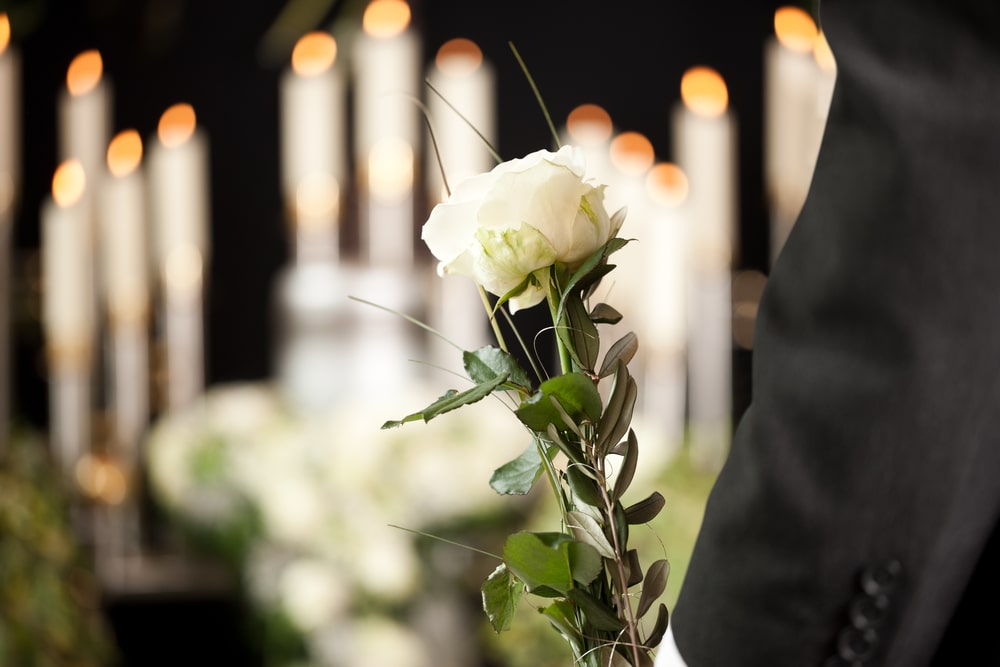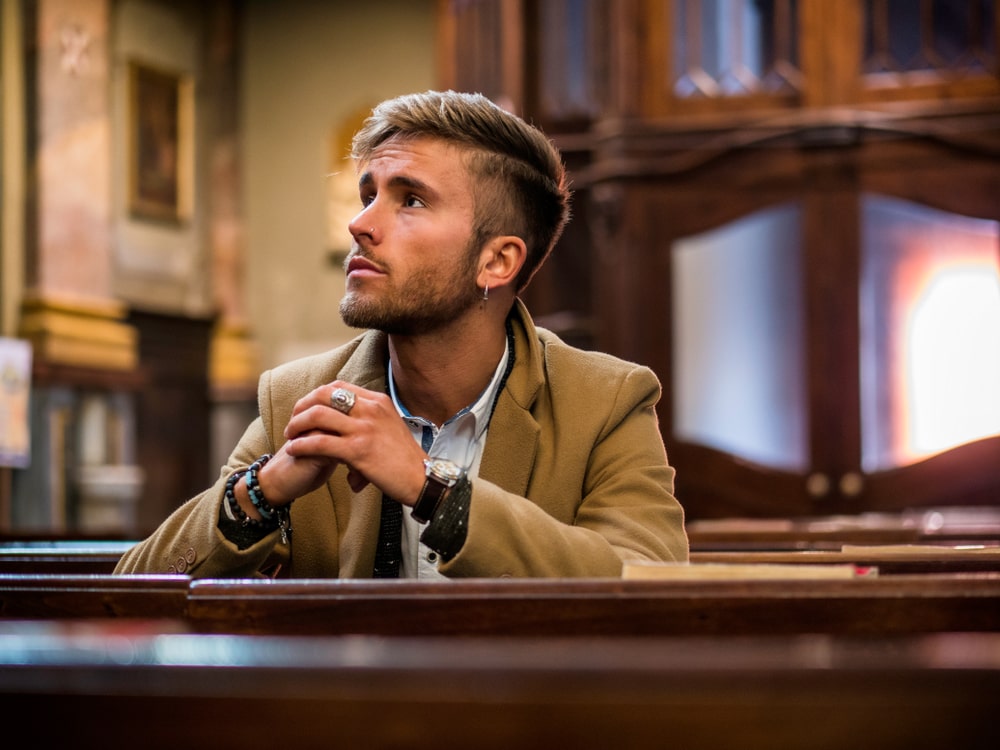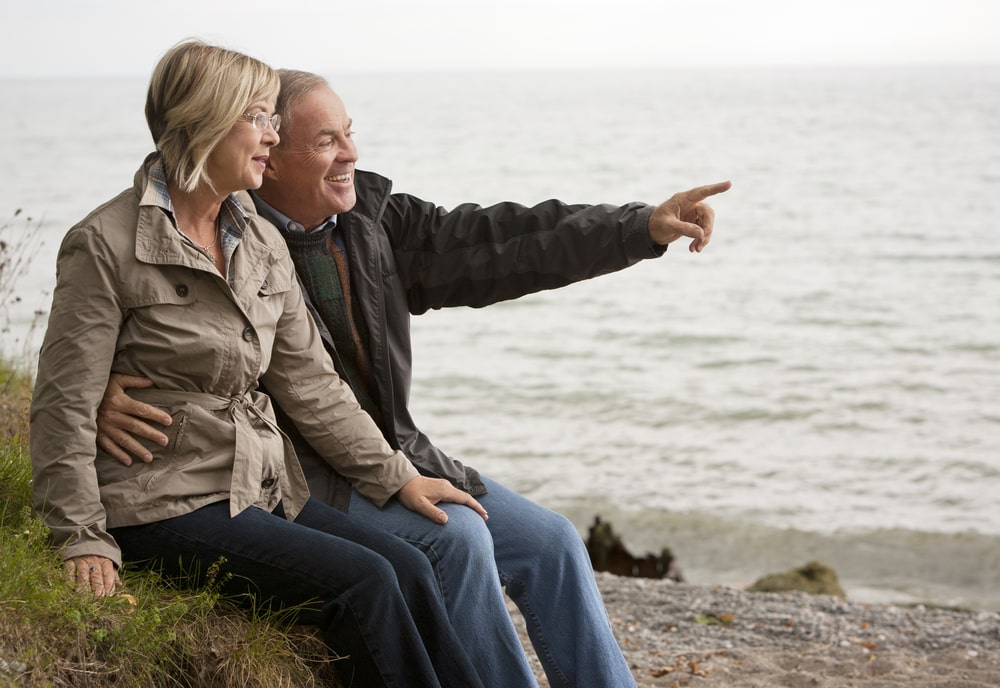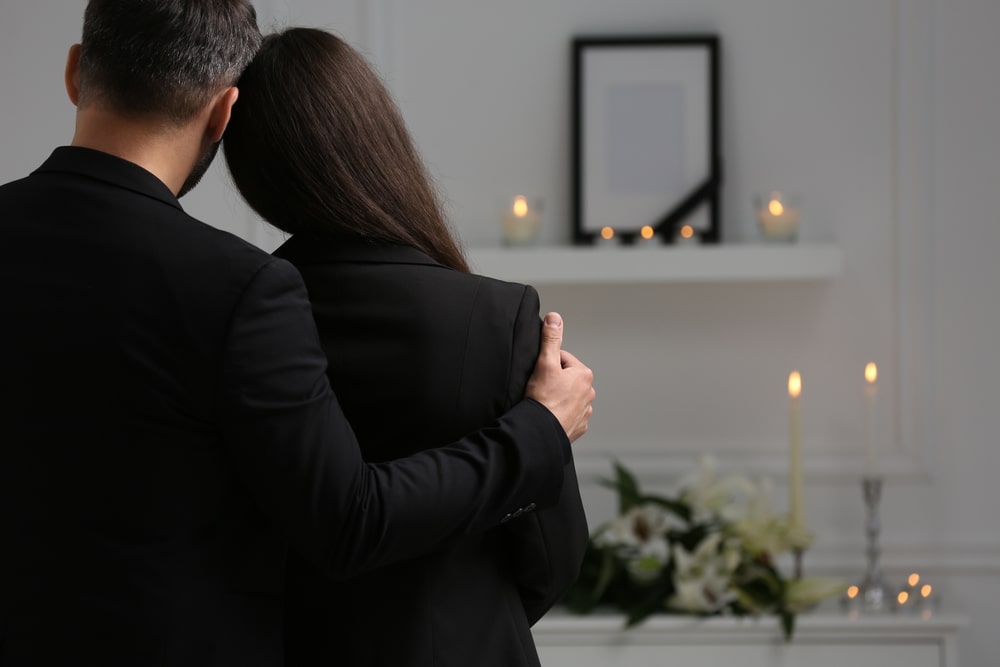Since the beginning of time, human beings have participated in funerals and found a way to remember and honor their dead. While the traditions look different from culture to culture, we always find evidence that family and friends were respected and taken care of with reverence after death. But how can a ritual focused on acknowledging death help us find continued meaning in life?
The 6 Needs of Mourning
Dr. Alan Wolfelt, a nationally recognized author, grief counselor, and educator, has found that the funeral is more than just a ritual – it is an important part of the grieving process. He has found that an authentic funeral helps meet six essential needs of mourning. He believes these six needs are “the most central to healing in grief. In other words, bereaved people who have these needs met, through their own grief work and through the love and compassion of those around them, are most often able to reconcile their grief and go on to find continued meaning in life and living.”

The six needs are:
- Acknowledging the reality of the death
- Moving toward the pain of loss
- Remembering the person who died
- Developing a new self-identity
- Searching for meaning
- Receiving ongoing support from others
A personalized funeral that encompasses all six of these needs becomes meaningful and healing. It creates a special moment in time that can bring comfort and peace and helps each person start the grief journey on the right foot. Today, let’s explore how funerals help us find continued meaning in life.
Funerals Give Us a Time and Place to Ask Questions About the Meaning of Life
When someone dies, it’s natural for questions about the meaning of life and death to come to mind. Did this person have a good life? Why now and why this way? Why do we die? What happens next? The funeral or memorial gives us a time to consider these questions. You may think about the legacy left by the person who has died and wonder if your own will be similar or different. Do you want it to be different? What kind of impact do you want to have and are you working toward that? By asking ourselves these types of questions, we are actually asking, “Am I satisfied with my life? Is there something I want to change?”
Funerals Help Us Begin to Find Answers that Give Us Peace
Though you may not know the answers to your questions all at once, the simple act of thinking about why life is important and what it means leads you to think about how you want to live. Dr. Wolfelt says, “People who take the time and make the effort to create meaningful funeral arrangements when someone loved dies often end up making new arrangements in their own lives. They remember and reconnect with what is most meaningful to them in life…. They emerge changed, more authentic and purposeful. The best funerals remind us how we should live.”
So, not only does the funeral mark the significance a life lived, it also encourages us to think about our own lives, goals, wishes, and dreams. Have you done what you wanted to do with your life? Is there something nagging at the back of your mind, but you haven’t committed to it? Funerals confront us with the impact of a single life and challenge us to find new meaning and purpose in our own lives.
Funerals Remind Us That Life is Precious
While we don’t like to think about death, funerals reinforce the fact that one day we will die. Perhaps that’s one reason why people may not like funerals in our culture today. We prefer to avoid topics that make us uncomfortable or scare us. But in reality, we need to remember that one day, we will die. Our time is limited and precious, so we need to find meaning and purpose now. The funeral or memorial service highlights how our loved one spent their life – how they found meaning and purpose. But what about you? You still have life left to live. How will you spend the time you have? What do you want to be spoken at your own funeral? The choice is yours.
Funerals Encourage Us to Find Meaning and Purpose in Our Own Lives
As you’ve probably gathered from our discussion so far, funerals make us think. First, you ask yourself questions. Then, even as you begin to contemplate and answer those questions, you are reminded that you, too, will die one day. Does your life today reflect your innermost wishes and dreams? If not, what should you change to make those dreams your reality? As Dr. Wolfelt says, “The best funerals remind us how we should live.” How do you want to live? Are you living that way today? If you aren’t, think about the life and legacy you want to leave behind and do the good work needed to make it happen.








